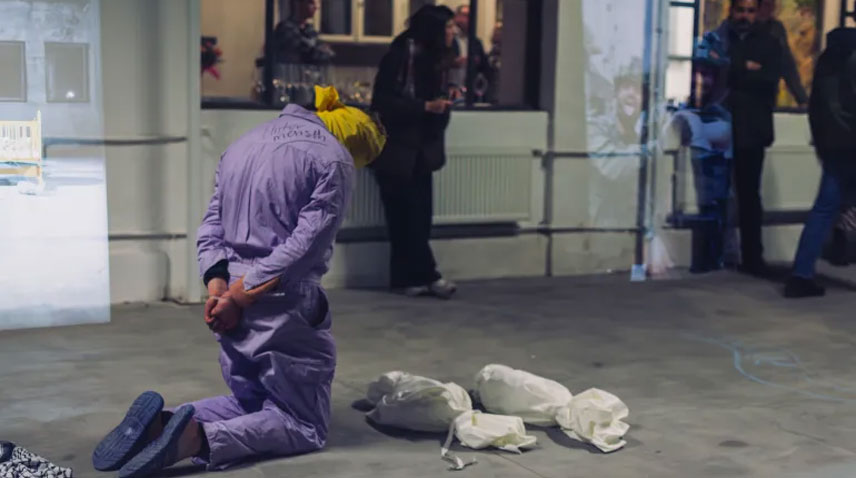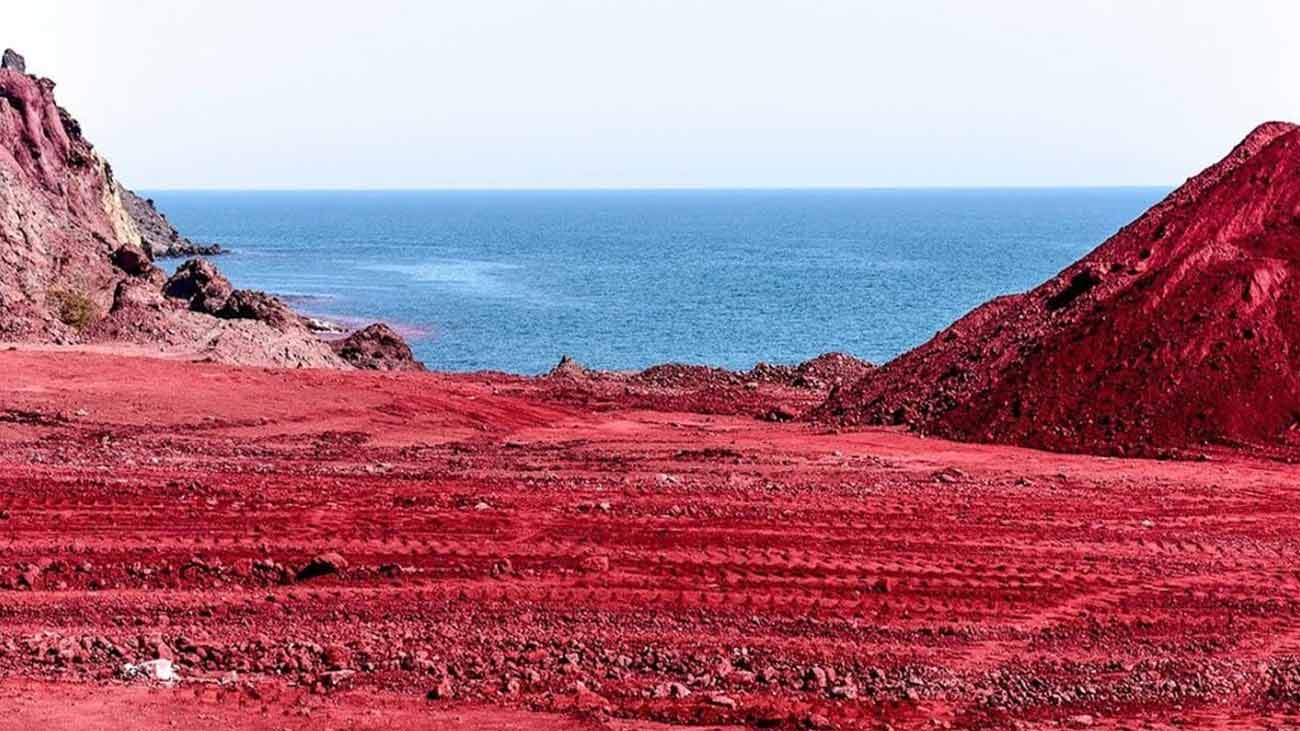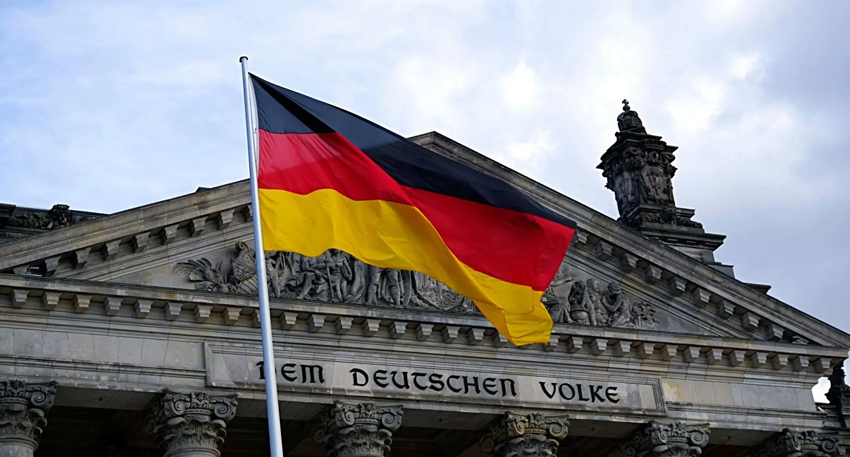
The artist dressed up in a purple overall in March and placed a yellow sack over his head in an attempt to raise awareness in favour of the Palestinians who have been arrested and tortured by Israeli troops.
In a video of the performance posted to Instagram, he is seen kneeling on a concrete floor, his hands zip-tied behind his back. A person beside him in khaki green playing the role of an Israeli soldier holds up a stick with laughing emojis – a nod to the evidence that many are livestreaming potential war crimes on social media, Al Jazeera reported.
Dobrowolski is seen urinating in fear, just as Palestinian prisoners did in footage posted earlier by Israeli troops, during which one is heard mockingly saying, “Oh no, what happened? He peed himself.”
Those words echo over the performance by Dobrowolski, who has dedicated his art this past year to the subject of Israel’s genocide of Palestinians in Gaza – no easy task in a country still grappling with its Holocaust history.
Referring to the videos uploaded by Israeli soldiers, Dobrowolski said, “When you watch films about the Holocaust on TV, they are very serious, the perpetrators are shown as devoid of emotions. But the genocide which is happening today seems very funny to the perpetrators. I decided to kneel in the middle of all that.”
During the Holocaust, more than three million Jews were killed in Nazi-occupied Poland, and thousands died in pogroms committed by local Poles. Because of the tragic memories, criticising Israel remains taboo.
In 2018, Poland passed a controversial law, making it illegal to suggest Poland’s complicity in Nazi crimes. One year later, Israel Katz, then-foreign minister, said “Poles imbibe anti-Semitism from their mothers’ milk”.
In 2021, Poland proposed a law to put a statute of limitation of restitution claims regarding Jewish property seized during World War II, which Yair Lapid, foreign minister at the time, described as “immoral and a disgrace”.
Last May, Poland supported a resolution granting Palestine observer state status within the United Nations. Israel’s Ambassador to Poland Yacov Livne warned that the decision would “harm Poland”.
Radek Sikorski, Poland’s foreign minister, responded that it is “the Polish government, not foreign ambassadors, who will decide what is good for Poland”.
Beyond the diplomatic rows, most Poles consider the Holocaust as the worst tragedy in recent history and find it hard to comprehend that Israelis could be perpetrators of humanitarian crimes.
“In Poland, it is unthinkable to compare anything to the Holocaust and any such comparison sounds controversial. The Holocaust has a very symbolic and personal meaning to people,” Dr. Ewa Gorska, who specialises in sociology of law focusing on the Middle East, told Al Jazeera.




